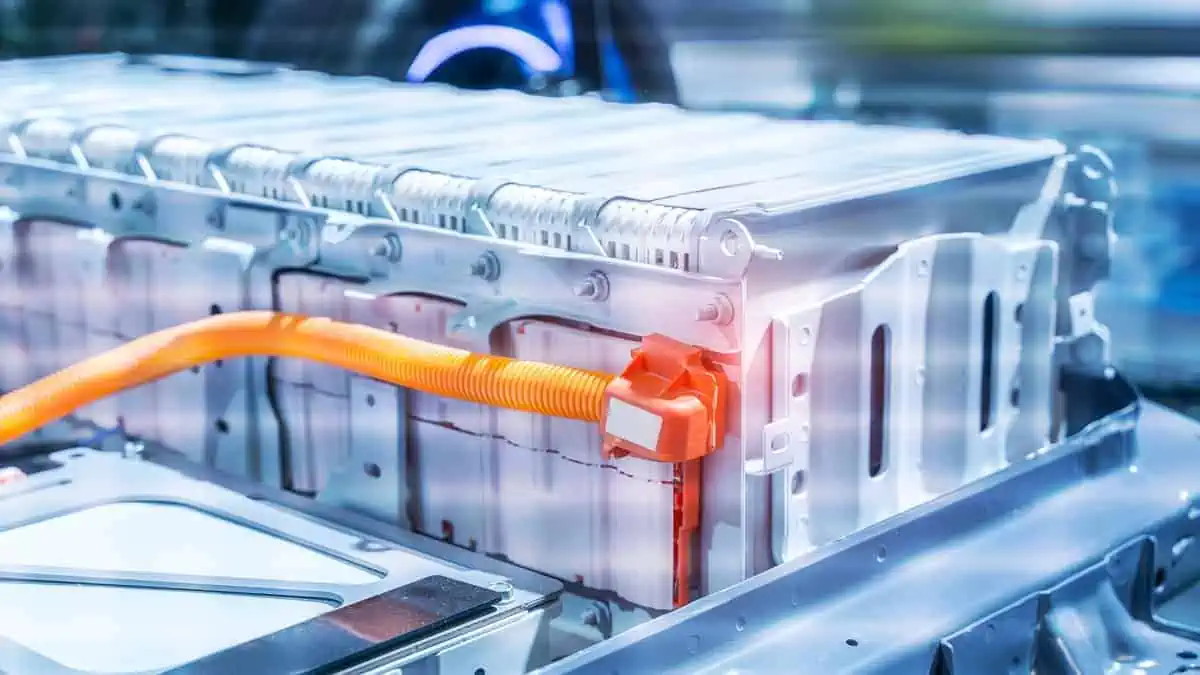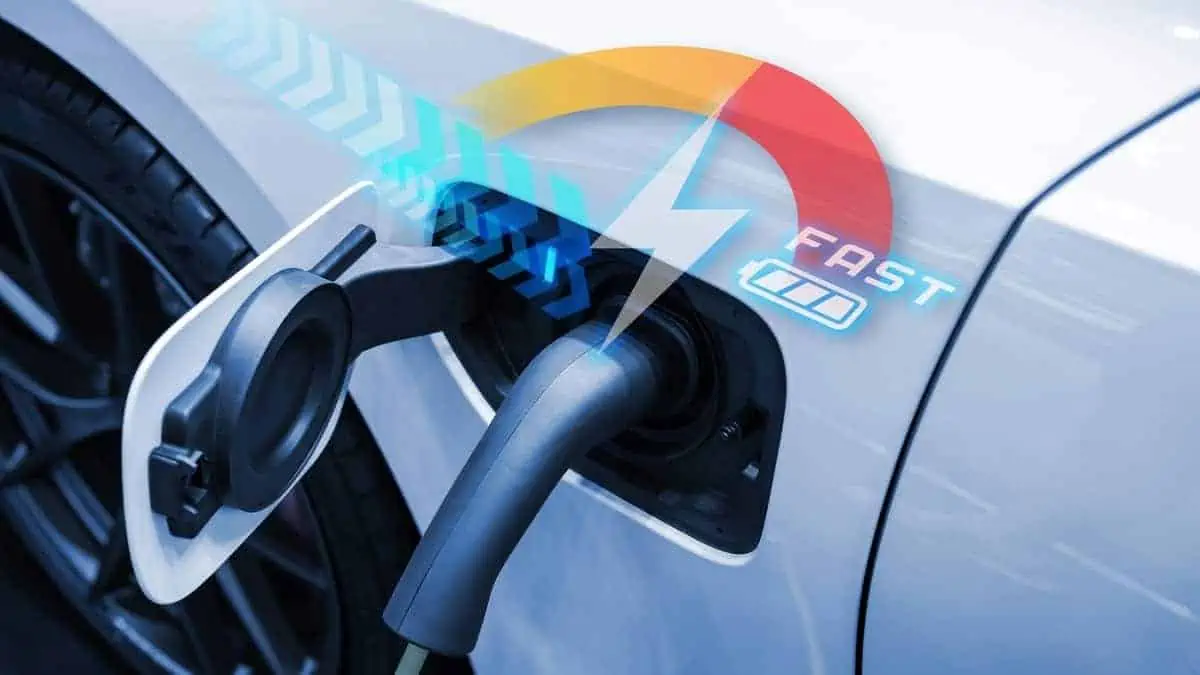Indonesia can apparently cut up to 30% of electric vehicle prices by leveraging local battery production, New Sarawak Tribune reports, citing the Minister of Industry.
Indonesia-made batteries to offer up to 30% cost savings in EVs
Minister of Industry Agus Gumiwang Kartasasmita declared in Jakarta last Thursday that establishing domestic battery production can enable the industry to lower electric vehicle prices by a maximum of 30%.
“I believe that the prices of electric cars will drop by 20-30 percent.”
Minister of Industry Agus Gumiwang Kartasasmita
Minister Agus explained that batteries usually account for 40% to 50% of the overall price of electric vehicles. Therefore, he believes that local production will enable the automakers to benefit from cheaper batteries, which will also drive down electric vehicle costs.
Indonesia is undoubtedly capable of producing affordable EV batteries, considering its enormous nickel reserve.
Investment prospects
Apart from the opportunity to drive down electric vehicle prices, Minister Agus also expects local battery production to boost the domestic component level (TKDN) of these clean energy vehicles.
Moreover, the Minister is also optimistic that the initiative can substantially draw in more companies across the world to invest in Indonesia’s electric vehicle industry.
“With our domestic industry producing our own batteries, the TKDN value will increase, and more investments will come in.”
Minister of Industry Agus Gumiwang Kartasasmita
For instance, Minister Agus previously shared that France’s Renault and Vietnam’s VinFast are eyeing the country for new electric vehicle-related investments.
The Minister also emphasized the significance of electric vehicle factories in the country in order to solidify its competence in the global market.
Indonesia’s EV battery production targets
Indonesia strives to build an integrated supply chain for the electric vehicle industry as it seeks to advance as one of the top three battery producers in the world by 2027, according to ASEAN Briefing.
It plans to leverage the abundance of critical minerals, particularly nickel, to establish a strong and competitive electric vehicle market. For context, Indonesia currently controls the world’s largest nickel reserves at about 21 million tons, 22% of the global reserves.
With this advantage, Indonesia set a target to make electric vehicle batteries with a total annual output of 140 GWh by 2030. This capacity is expected to make up for 4%-9% of the global demand.
In addition, the country also aims to register 2.5 million electric vehicle sales by 2025.






